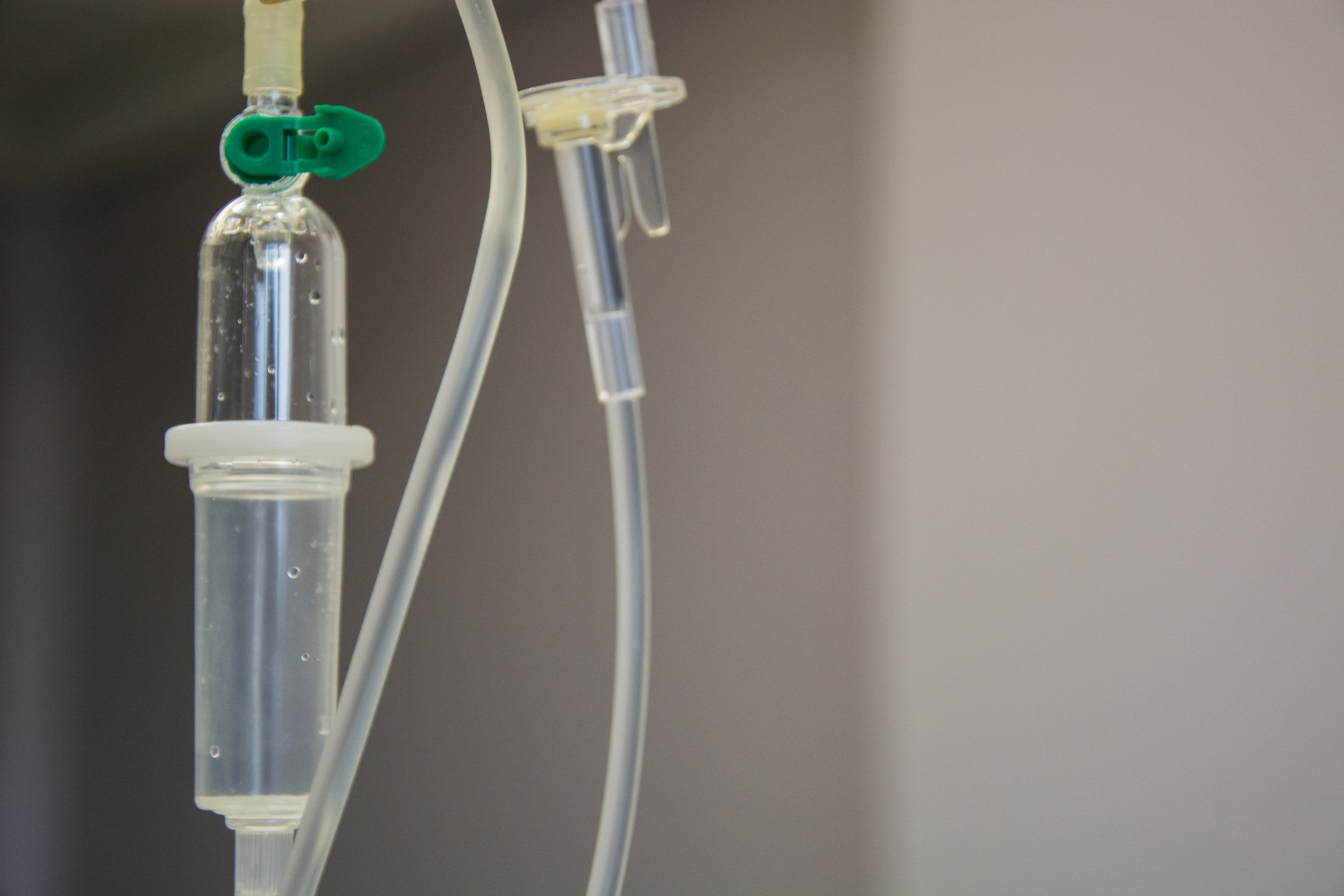
Surgical Procedures
We use state of the art equipment to perform a wide variety of surgical procedures. Controlling pain during these procedures is essential. Our licensed veterinary technicians are trained to recognize pain and work with the doctors to provide your cat with the necessary pain relief in accordance with the most up-to-date anesthetic protocol.
Our most common surgical procedures include
Spay – as early as 2 months old or 2 pounds
Neuters
Cystotomy – urinary stone removal
Ear plug removal
Leg amputations
Tumor removals
Enucleations and Entropion repair
Esophageal tube placements
Perineal Urethrostomy
Misc. Exploratory or foreign body surgeries
*Pre-surgical blood work is required within 3 months of a surgical/anesthetic procedure.
Pre Surgery
No one likes the thought of their pet undergoing an anesthetic procedure. This is why Just Cats Veterinary Clinic takes the steps necessary to ensure that your cat stays comfortable and as stress free as possible during his/her anesthetic procedure. Following these guidelines can help us make your cat’s experience safe and healthy.
Follow these instructions before bringing your pet in for surgery:
No food after 6am the morning of the anesthetic procedure.
Free choice water is OK.
Make sure your cat is up to date on vaccines. If there is a question please call.
Please inform us of anything we should know prior to surgery.
Ask any questions you might have – we want to make sure you understand everything about the surgery beforehand.
If your cat has been exhibiting signs of illness (coughing, sneezing, vomiting, diarrhea) prior to your anesthetic procedure please call the clinic for instruction. The doctor will most likely recommend the procedure be postponed.
If your cat takes medication, please give the medication the morning of anesthesia as normal. You may offer a small amount of food if needed to administer the medication.
DIABETICS- Please feed a 2 tablespoon of food and give ½ the dose of insulin that you would normally give. For example – if you normally give 2 units of insulin, give 1 unit instead.
Anesthetic Procedures should be dropped off between 8 and 8:30 am the morning of the procedure. Even if your cat’s procedure is not going to be performed until later that day, dropping off early gives our staff time to do a brief exam and any other procedures needed to ensure your cats safety while under anesthesia. It also allows your cat time to adjust and get comfortable decreasing stress prior to anesthesia.
Please allow at least 15 minutes for your surgery drop-off appointment.
If evidence of fleas is found we will give a tablet that will kill any live fleas and apply a preventative. The charge for these medications will be reflected on your account.
You may call for information about your pet’s condition and for a tentative release time after 2 PM. A discharge appointment will be scheduled so that a technician or doctor can go over any discharge instructions.
All patients receive a pre-surgical exam the morning of the procedure to determine health status. A pre-surgical blood screen is strongly recommended to ensure your cats safety and diagnose any underlying health concerns that may put your cat at a higher anesthetic.
